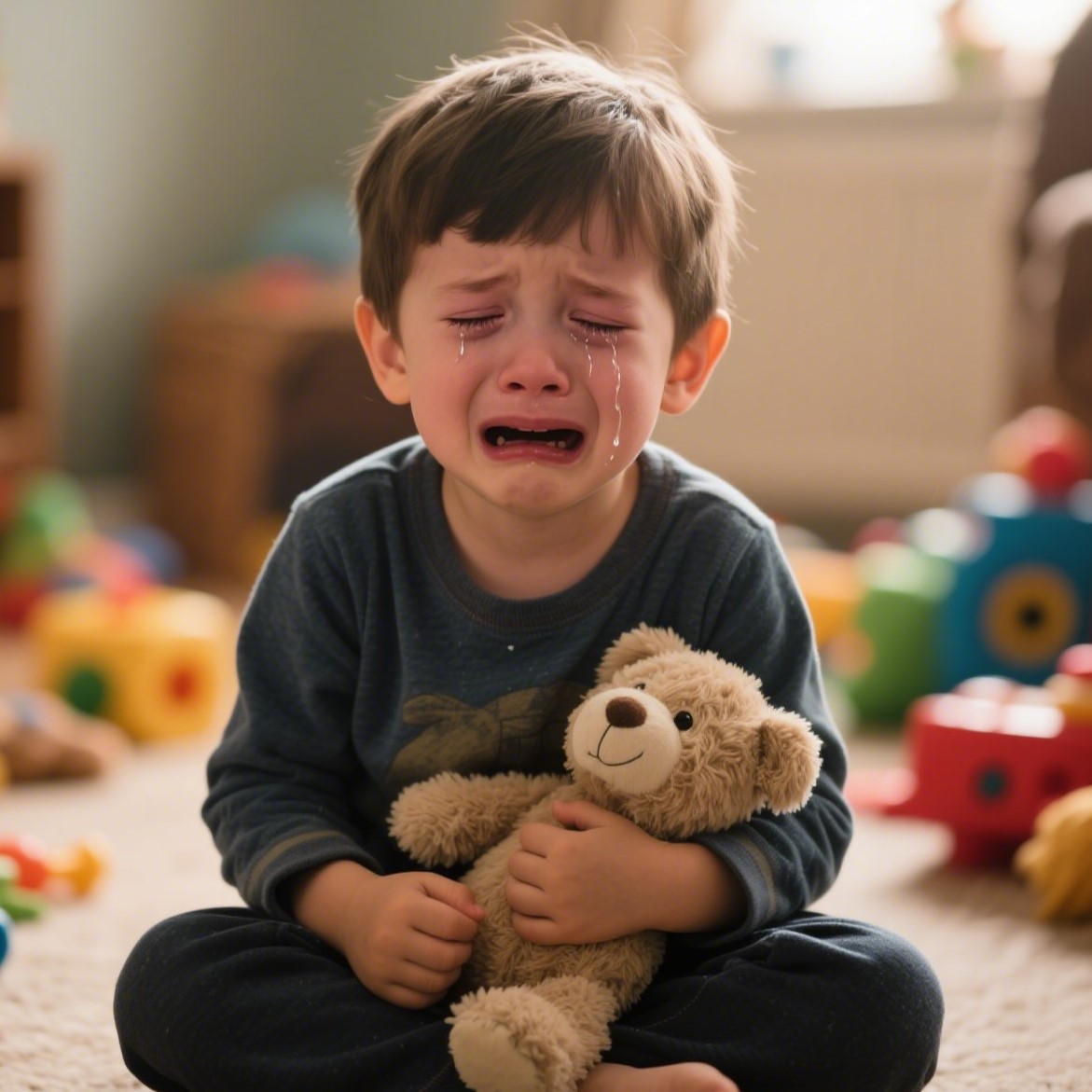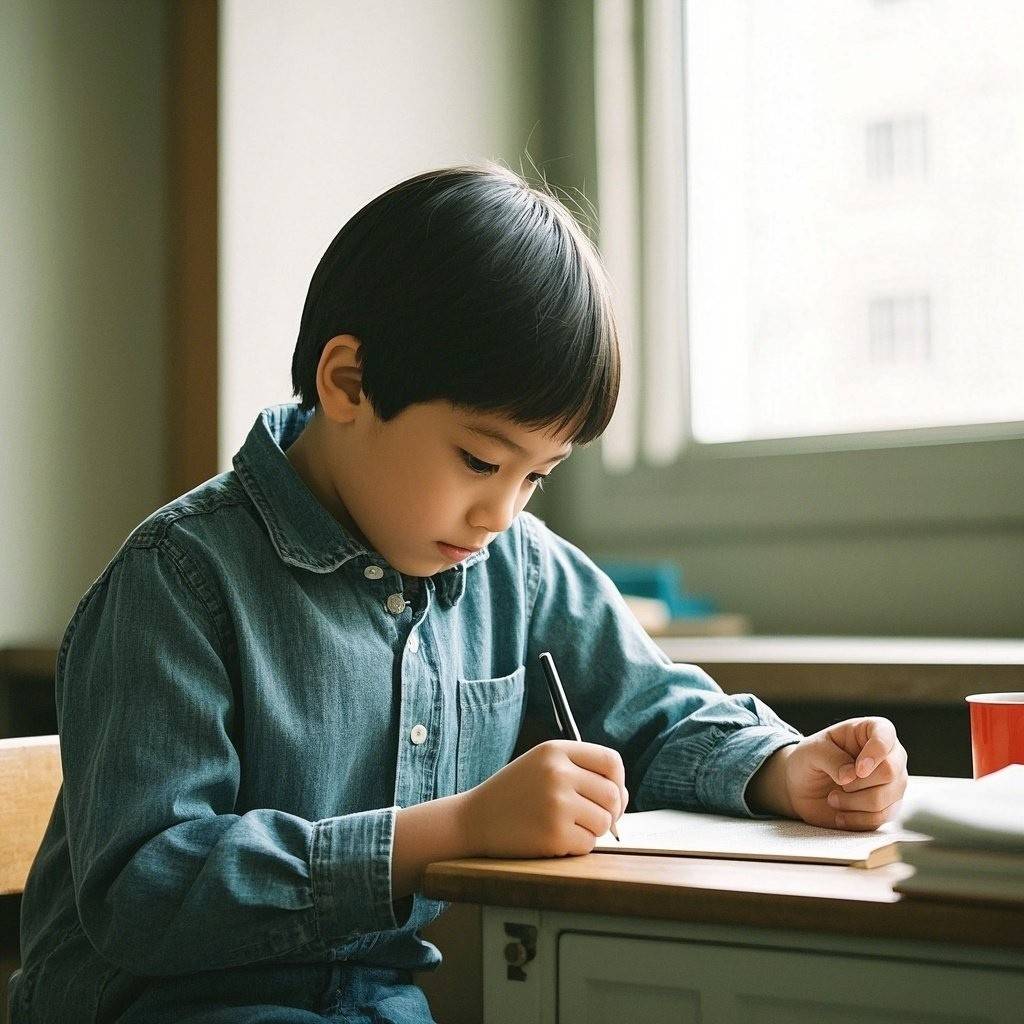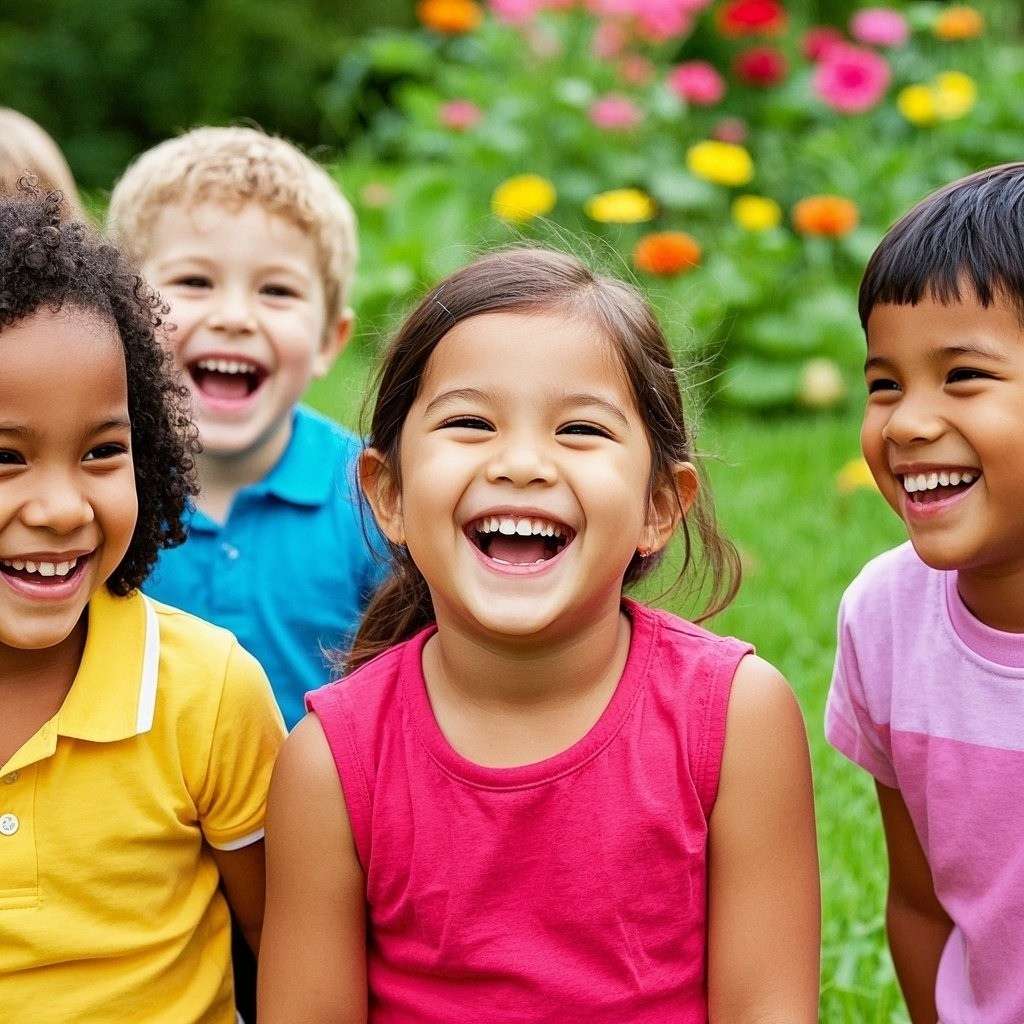Your 7-year-old just burst into tears because their toast was cut diagonally instead of straight. Yesterday it was because their socks felt “too bumpy.” And last week? A full-blown meltdown over losing in Uno.
You may be wondering: Is this normal? Or is my kid just extra sensitive?
Good news (and take a breath): Yes, it’s totally normal. At age 7, kids are still learning how to handle the huge storm of emotions swirling inside them—and sometimes, that means tears over what adults might see as tiny things.
But to them? It’s not tiny. It’s everything.
😭 Why So Many Tears?
At age 7, kids are in a strange in-between space. They’re not little-little anymore, but they’re not emotionally mature either. Here’s what’s going on under the surface:
🧠 1. Their Brain Is Upgrading, But Emotions Are Still in Beta

At 7, kids are starting to think more logically and understand cause and effect. But their emotional regulation—the ability to manage big feelings—lags behind. Imagine having a new smartphone, but the emotional app store hasn’t finished loading.
So when they feel something? It hits hard, and they may not have the words (or tools) to express it calmly.
🧸 2. Sensitivity = Superpower in Disguise
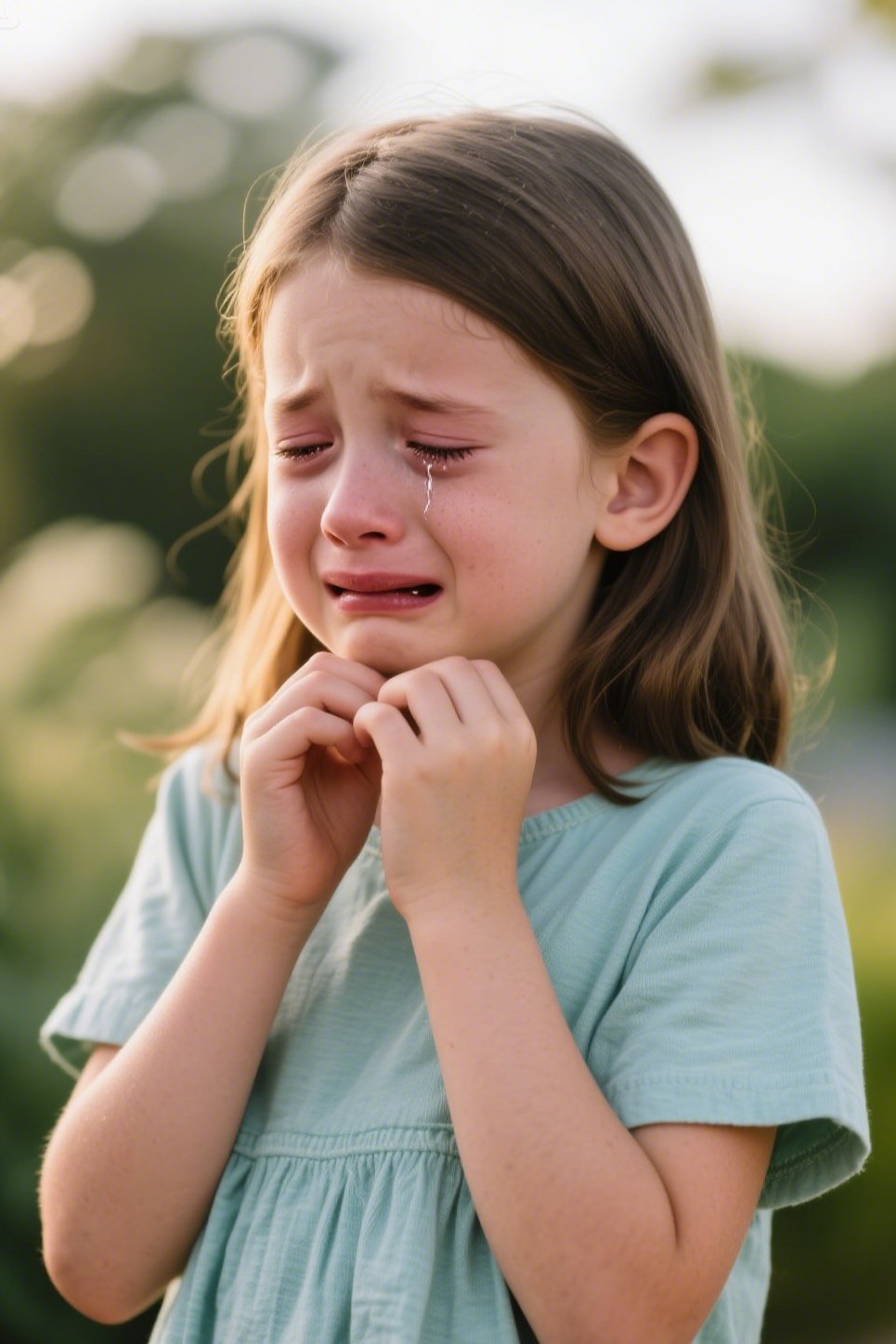
Some 7-year-olds are naturally more sensitive—to sounds, textures, tones of voice, or changes in routine. This isn’t a flaw. In fact, it can be a sign of empathy, deep thinking, or even creativity.
But with sensitivity comes stronger emotional reactions. And yep, more tears.
📚 3. School = Pressure Cooker
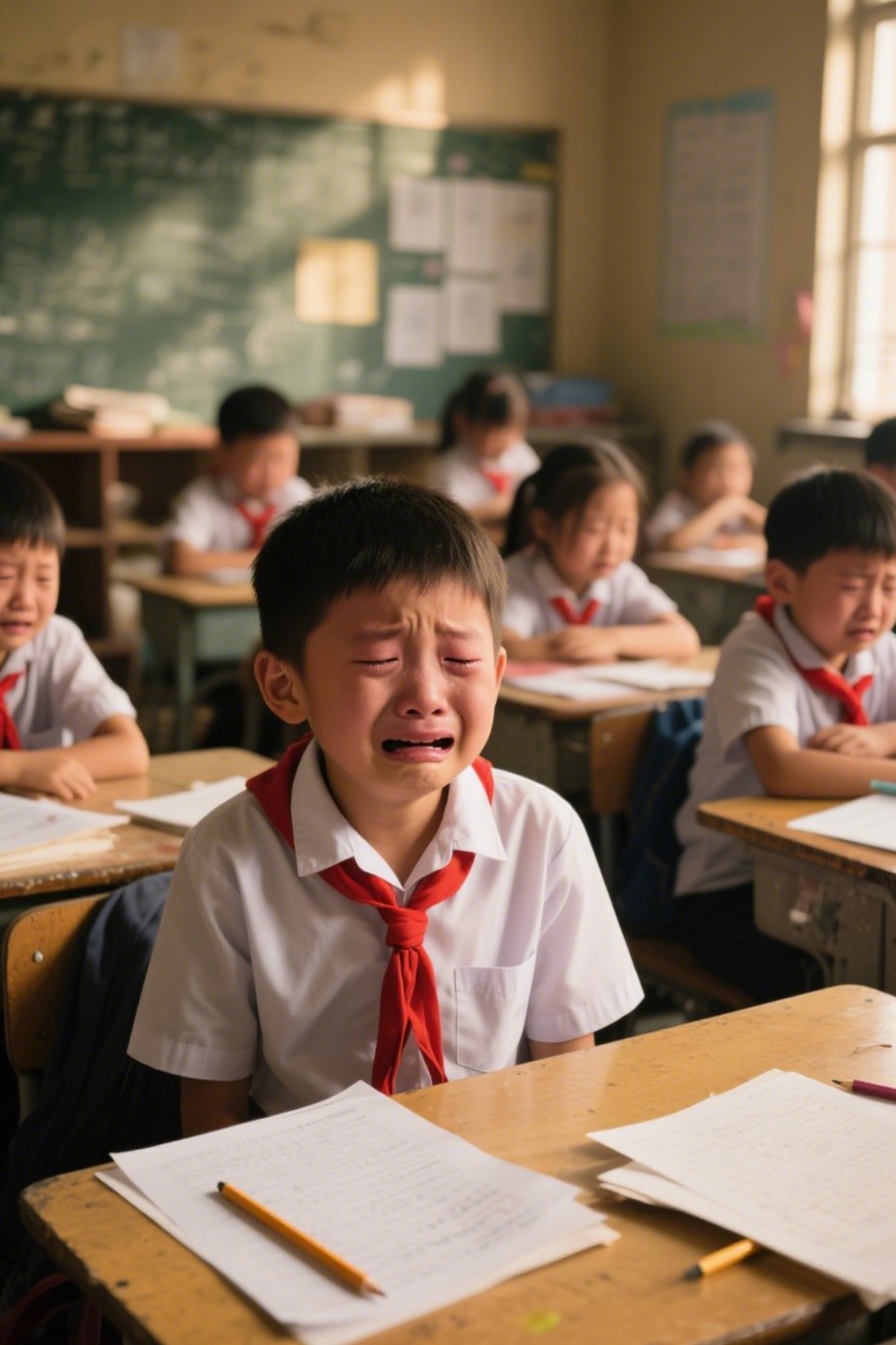
By age 7, many kids are in 2nd grade, where school starts to feel more serious. There’s more structure, comparison, social dynamics, and even silent expectations.
If they feel misunderstood, overwhelmed, or like they “messed up”? Crying might be the only release valve they know.
👀 4. They’re Watching You (Even When You Don’t Realize It)
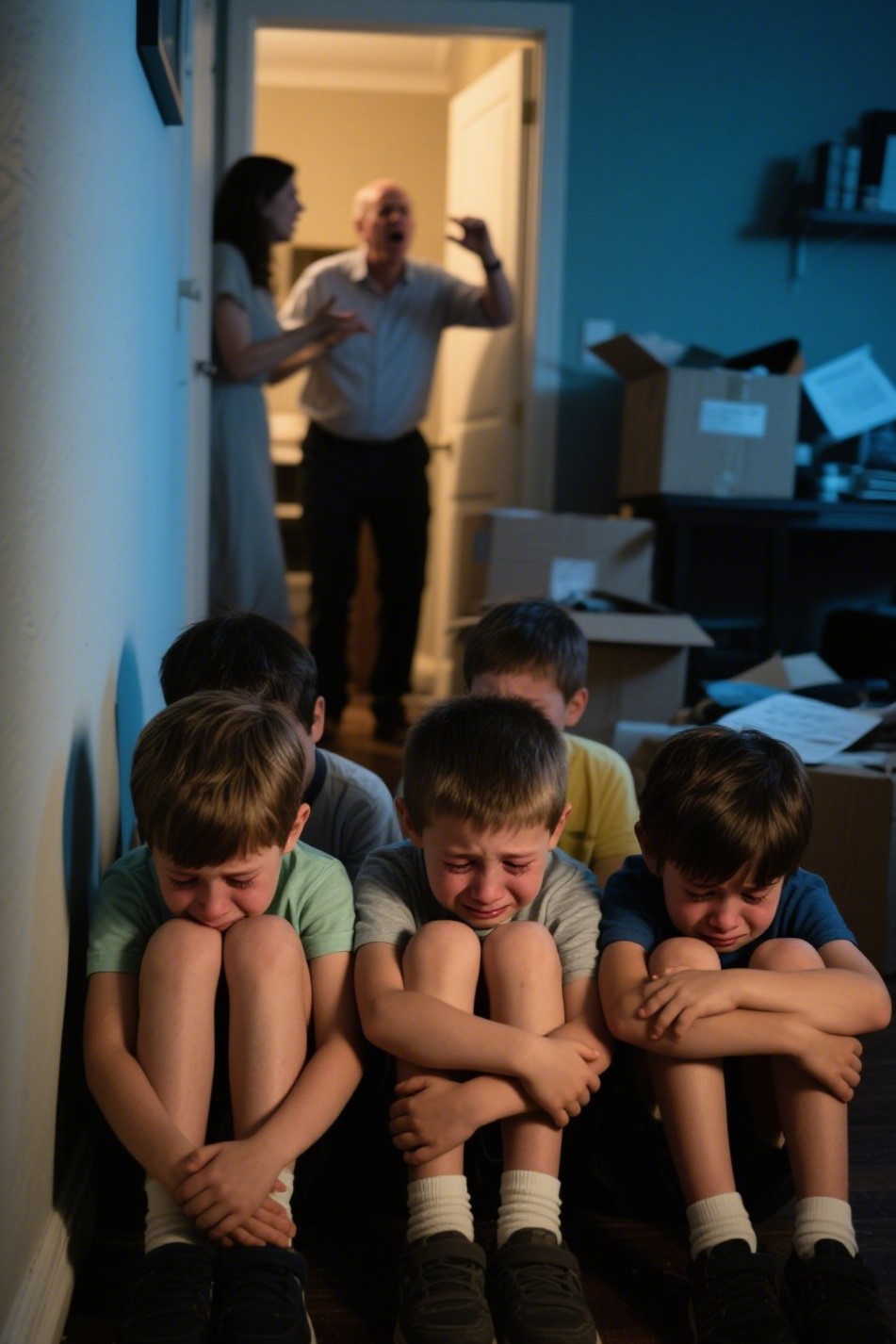
Kids this age are sponges. They pick up on tension in the house, stress at work, or even how you react to stress. If crying is seen as a “bad” thing or something to be embarrassed about, they might cry more out of frustration—or shut down altogether.
💛 How You Can Help (Without Shutting Down the Waterworks)
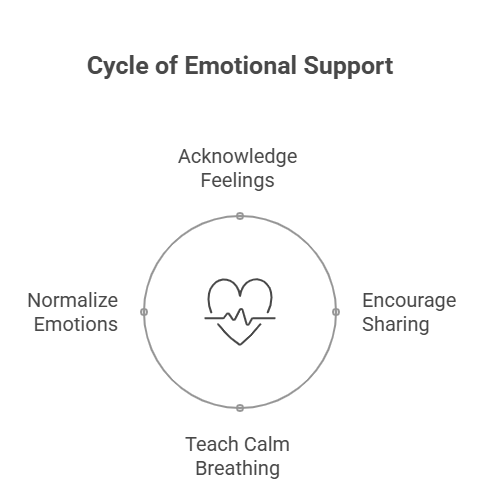
Instead of saying “Stop crying,” try:
- “I see you’re really upset. Want to tell me why?”
This shows them their feelings matter. - “Let’s take a breath together.”
Teaching calm breathing gives them a real tool, not just a lecture. - “It’s okay to cry. Big feelings need to come out sometimes.”
Normalize emotion, then guide the regulation.
✨ The Takeaway
So, is it normal for a 7-year-old to cry over everything?
Yes. Absolutely. At this age, the world is big, feelings are bigger, and their coping toolbox is still being built. Crying isn’t weakness—it’s communication. It’s your child saying, “I don’t have the words for this yet, but I need help.”
Be the calm in their storm. The steady hand, the deep breath, the safe place to land.
Because in a few years, those tears will turn into words, strength, and resilience—and they’ll remember who helped them get there.

